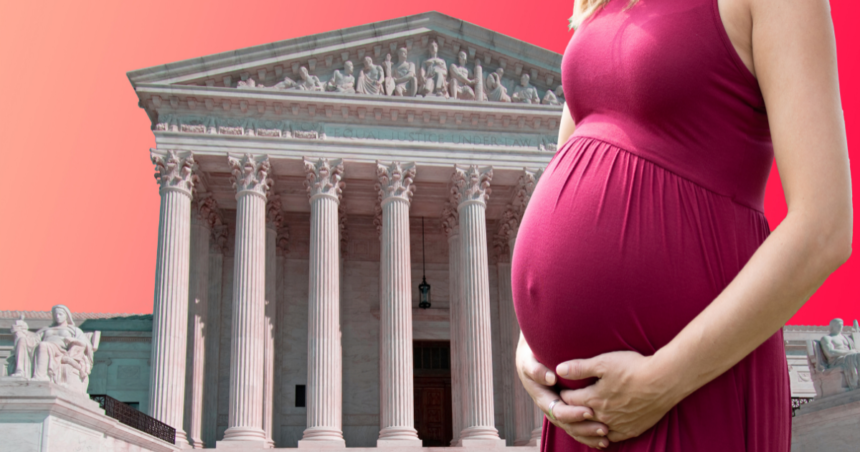Introduction:
Abortion laws in the United States have been a subject of intense debate and controversy for decades. The issue of abortion touches upon complex, ethical, moral, and legal considerations, involving the rights of women, the rights of the unborn, and the role of the state in regulating reproductive choices. This article aims to provide a comprehensive overview of the current state of abortion laws in the United States.
Historical Context:
Abortion laws in the United States have evolved over time, reflecting changing societal attitudes and legal interpretations. Prior to the landmark Supreme Court decision in Roe v. Wade in 1973, many states had restrictive laws criminalizing abortion, with exceptions only to save the life of the mother. The Roe decision recognized a woman’s constitutional right to have an abortion, based on the right to privacy.
The Roe v. Wade Standard:
The Supreme Court, in the Roe v. Wade ruling, established a three-tiered framework to balance a woman’s right to choose an abortion with the state’s interest in protecting potential life. During the first trimester, the court held that the decision to have an abortion should be left to the woman and her physician. In the second trimester, the state could regulate abortion to protect the woman’s health. In the third trimester, when the foetus becomes viable, the state could ban abortion except when necessary to protect the life or health of the mother.
State-Level Restrictions:
Despite the Roe v. Wade decision, the Supreme Court also held that states have an interest in protecting potential life from the outset of pregnancy, although that interest becomes stronger as the pregnancy progresses. Consequently, states have imposed various restrictions on abortion access, which vary significantly across the country. Some common restrictions include:
- Gestational Limits: Many states have enacted laws prohibiting abortion after a certain gestational age, typically around 20 weeks, unless there is a threat to the woman’s life or severe fatal abnormalities.
- Waiting Periods: Several states require a mandatory waiting period, typically 24 to 72 hours, between the initial counselling session and the abortion procedure. This waiting period aims to provide women with time to reflect on their decision.
- Parental Involvement: Numerous states have laws requiring parental consent or notification for minors seeking abortions. These laws often include judicial bypass provisions, allowing minors to obtain court approval in cases where parental involvement is not possible or is not in the minor’s best interest.
- Clinic Regulations: Some states have implemented stringent regulations on abortion clinics, such as requiring them to meet ambulatory surgical centre standards or mandating that physicians have admitting privileges at local hospitals. These regulations have resulted in the closure of many clinics, reducing access to abortion services in certain areas.
- Bans and Triggers: In recent years, several states have passed laws banning abortion at various stages of pregnancy, with some enacting “trigger” laws that would automatically ban abortion if Roe v. Wade were overturned or substantially weakened.
The legal landscape surrounding abortion regulations in the United States has been characterised by a series of challenges and persistent litigation. Advocates for abortion rights contend that numerous restrictions imposed at the state level impose excessive burdens on a woman’s autonomy to make choices regarding her reproductive health, thereby erecting substantial obstacles to the availability of safe and lawful abortion services. In contrast, individuals who oppose abortion aim to restrict or forbid the practise of terminating pregnancies due to their moral and religious convictions, prioritising the safeguarding of potential life.
The potential ramifications of forthcoming modifications:
The configuration of the Supreme Court and potential alterations in legal precedent carry substantial ramifications for abortion legislation within the United States. The recent appointments to the court have resulted in a shift in its ideological composition, thereby raising apprehensions regarding the potential re-evaluation or reversal of the landmark decision in Roe v. Wade. This has the potential to grant states greater flexibility in regulating or limiting the availability of abortion services.
Conclusion:
In conclusion, the abortion laws in the United States are a multifaceted and controversial subject, which mirrors the wide range of perspectives and values embraced by the American population. The landmark Supreme Court case of Roe v. Wade recognised and affirmed the constitutional right to abortion. However, the availability and accessibility of abortion services have been substantially affected by various restrictions imposed at the state level. The ongoing discourse and debate surrounding abortion laws in the United States persists due to the uncertain future shaped by ongoing legal battles and evolving political dynamics.




